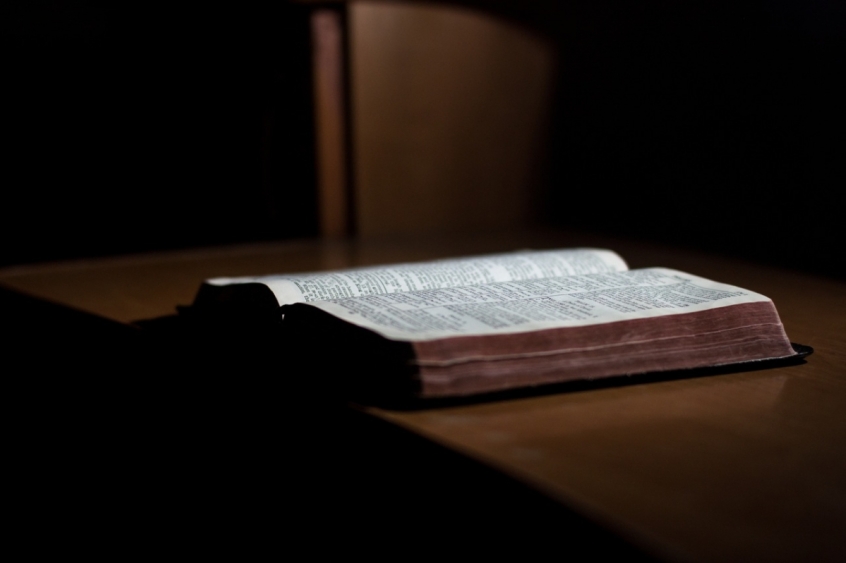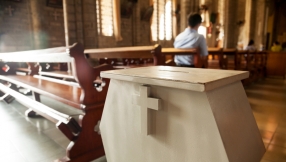Who was the worst king of Israel?
There are plenty of candidates, especially if we widen it out a bit – after the death of King Solomon the Hebrew kingdom split into two, with the larger northern part called Israel and the southern part Judah.

There were some truly horrible kings in both countries. Even King David, while he was still a hunted outlaw, would cover his tracks by killing everyone, male and female, in the villages he raided (1 Samuel 27:9). But there were plenty who were worse: the obscure Baasha of Israel (1 Kings 15: 28-29) killed his predecessor and the whole family of a previous king, Jeroboam, just to be on the safe side (he was deposed by Zimri, who killed his family). Jehu of Israel was another murderer, who made two piles of the heads of 70 royal princes (2 Kings 10:8) and killed scores of other rivals. Manasseh of Judah built altars to foreign gods in the Temple and 'sacrificed his own son in the fire' (2 Kings 21:6).
In the books of Kings and Chronicles there are lists of kings, some with long stories, some with short. Some of them 'did evil in the eyes of the Lord', while some of them got off more lightly; hardly any were praised unreservedly.
There's one king, though, of whom it's said that he 'did more evil in the eyes of the Lord than any of those before him' (1 Kings 16:30) and that he 'did more to provoke the Lord, the God of Israel, to anger than did all the kings of Israel before him' (verse 33). That was Israel's King Ahab.
Ahab was the son of Omri, who hardly gets a mention in the Bible but was a very significant figure indeed. He inherited a powerful kingdom, but comes across as a weak and petulant – if courageous – figure.
Ahab departed from the worship of God and built a temple to Baal. He connived at the murder of Naboth, whose vineyard he coveted. His wickedness drew down a drought and famine on the land. His adversary was Elijah, who resisted him nobly.
There were plenty of other bad kings, and plenty guilty of more bloodshed, but Ahab seems to have attracted the most severe condemnation. It's likely that this was because of the brazen nature of his infidelity to God in building a temple to Baal, and the way he continually resisted God's word through Elijah.
The lesson for us today is this: for sin to be deep and damaging, it doesn't have to be lurid and violent. Jehu killed far more people than Ahab, but it's Ahab for whom the Bible has a particular horror because his sin was at a deeper level. He led people away from God, and all other sins start from there.













